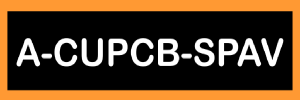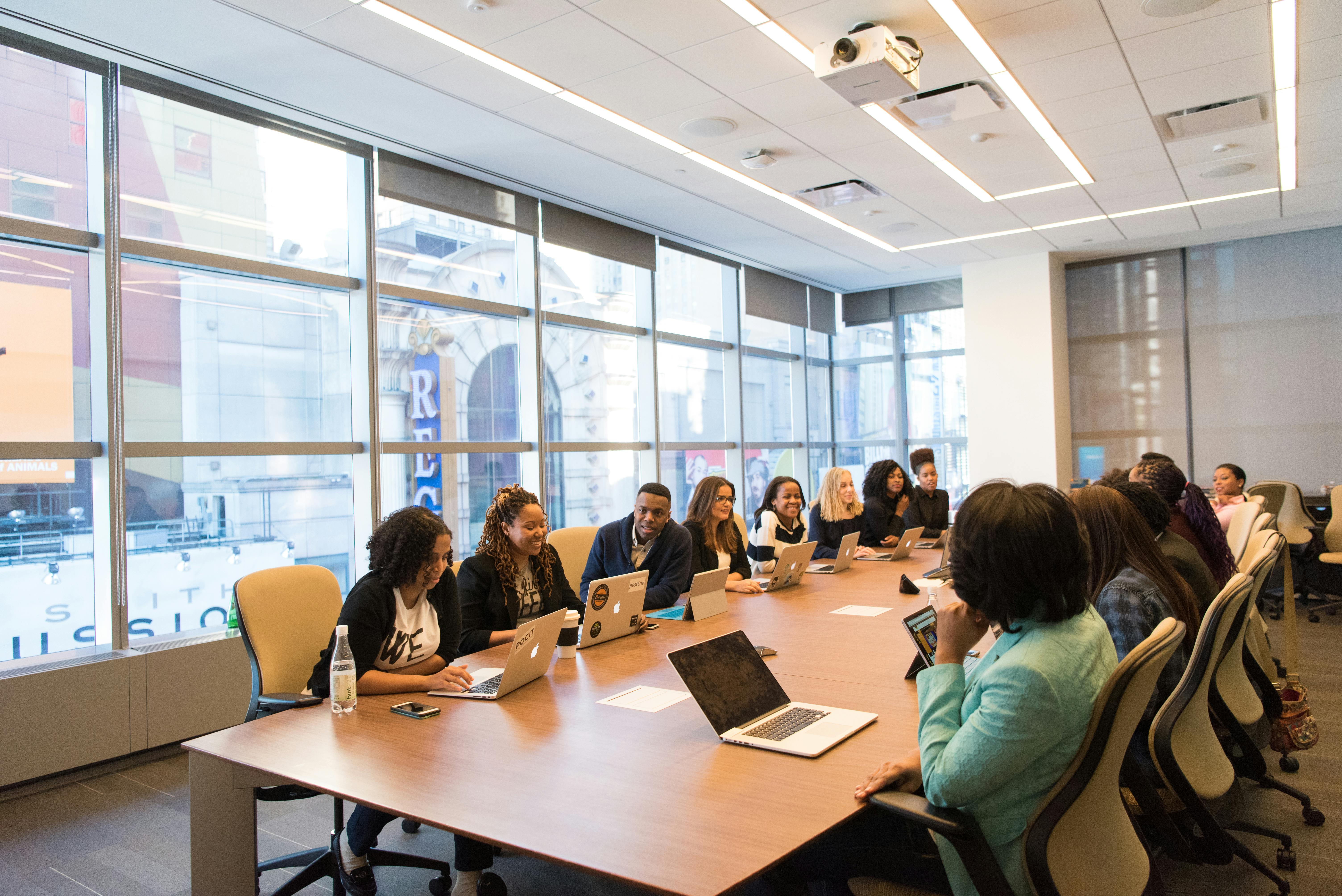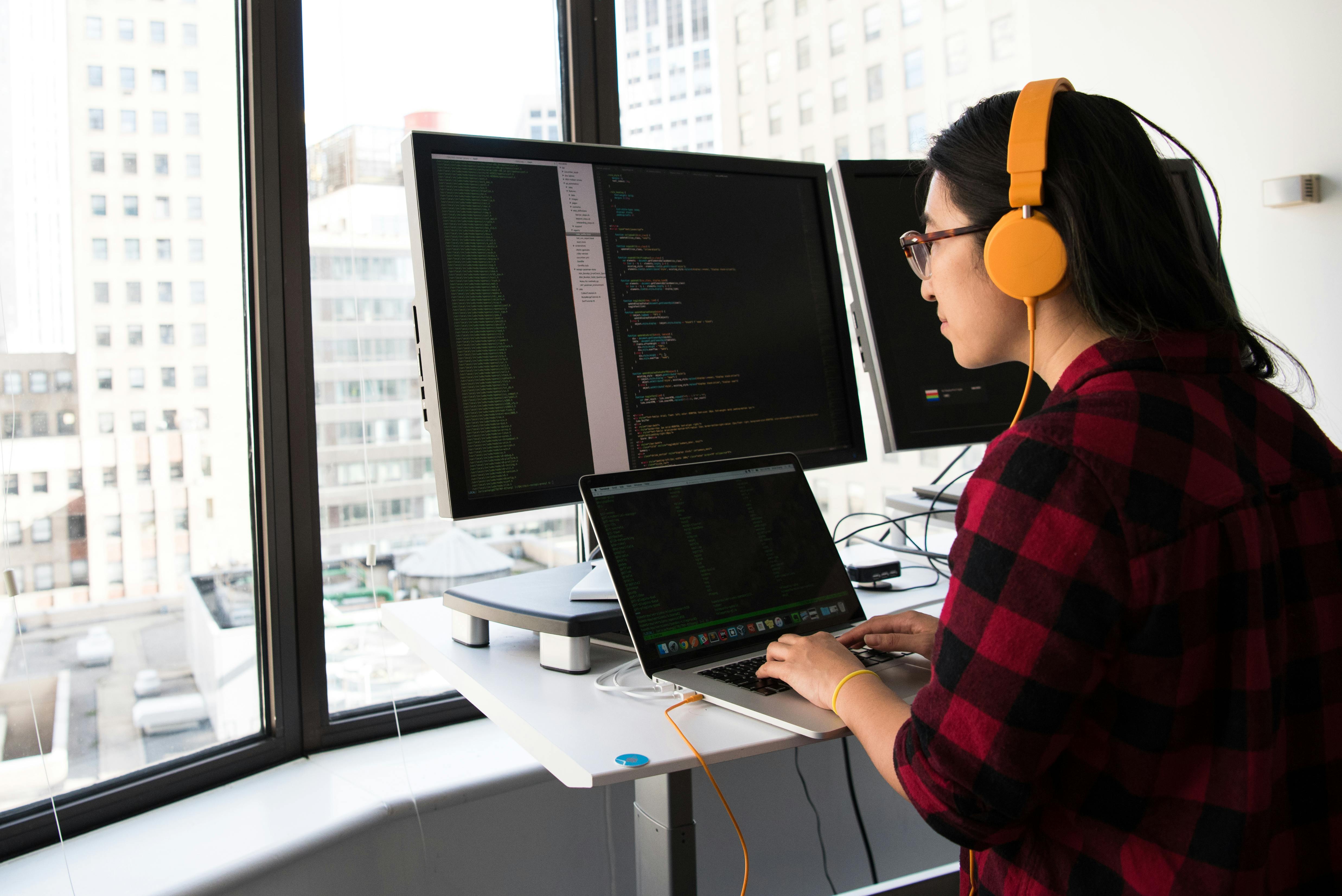Why perform BReUCom?
From the next 100 metro cities in the world about 40 are going to be in India, India is a growing economy with rapid urbanization which is expected to have a total housing shortage from about 18.8 million in 2012 to about 30 million in 2022. About one thirds of the Indian population lives in slums and on an average 48 percent of metro cities lives in informality with poor habitat conditions, living on untenable land with no access to safe water and sanitation, insecurity of tenure and constant threat from eviction. This carries the danger of growing poverty and - subsequently - of social and political unrest.
The proposed many programs and schemes creates huge demand and more importantly responsible architects and urban planning professionals who are trained to deal with ground realities and are sensitized to deal with complex challenges towards development of Inclusive communities.
The BReUCom project conceives and pilots postgraduate short-term Professional Development Programs (PDPs) targeted at real world problems.
Many authorities and local stakeholder lack well trained planning experts capable of sensibly responding to the needs of informal squatters. Sustainable approaches to support different types of urban poor require well trained academic personnel with a sound understanding of social and spatial mechanisms at work in informal settlements.
-
Indian HEIs need to strengthen their relations to the wider economic and social environment (public authorities, companies, community organizations and NGOs) to exchange experiences, build awareness, meet societal needs and accomplish their social responsibility
-
Indian HEIs need to incorporate interdisciplinary and trans-disciplinary aspects in their curricula for architecture and planning, which is either partly or completely new for them.
-
HEIs lack indigenous educational resources, which reflect the specific Indian context for sustainable housing and inclusive community development.
-
For developing indigenous educational resources, which contain new tools, methodologies and pedagogical approaches, they require specific know how, which will be rendered by European partners.
-
BReUCom hence helps bridge this gap between planning and architecture training to working environments to understand and react sensitively to community needs and partnerships.
Case Studies Undertaken by SPA Vijayawada
-
Case Study I
Thermal Comfort study for mitigating heat stress through climate responsive planning: A case study of Vijayawada (in collaboration with DUK Austria)
-
Case Study II
Urban Energy and Spatial Dynamics towards Climate Resilience: A Case of Bangalore (in collaboration with ITC Netherlands)
-
Case Study III
Climate resilient adaptation of built-form in Hilly Region through Traditional Wisdom and best practices – A case of Himachal Pradesh Region (in collaboration with NIT Hamirpur)
Professional Development Programs
1. Application of GIS in Urban Resilience Planning
Duration: November 3-8, 2020
Comprehensive training on Geographic Information Systems for urban planning professionals
2. Urban Dynamics And Climate Resilience
Duration: November 28 - December 3, 2020
Advanced program on urban climate adaptation strategies





